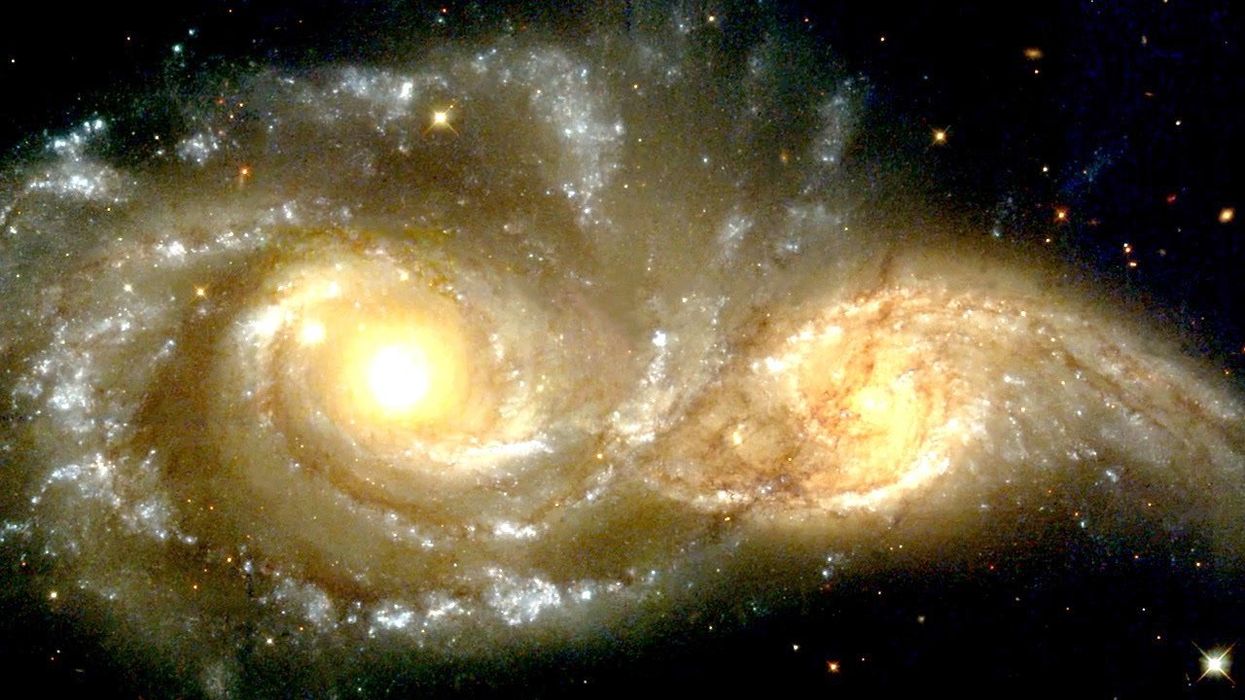Becca Monaghan
Sep 12, 2023
Black Holes May Approach the Speed of Light After Colliding Into One …
ZMG - Amaze Lab / VideoElephant
A new study has revealed that black holes could be lurking much closer to Earth than anticipated.
A black hole in space is when "gravity pulls so much that even light can not get out," NASA explains. "The gravity is so strong because matter has been squeezed into a tiny space. This can happen when a star is dying."
Due to no light being present, they are invisible. Only special tools can pick up on them.
There are said to be around 10 million to 1 billion mass black holes in the Milky Way, according to Science Alert. However, astrologers only know of about 20 of them.
Now, a recent study has revealed that they could be a lot closer to Earth than previously thought after investigating the Hyades cluster, "a group of stars located 150 light-years away".
In a statement, astrophysicist Stefano Torniamenti of the University of Padua explained: "Our simulations can only simultaneously match the mass and size of the Hyades if some black holes are present at the centre of the cluster today (or until recently).
The Hyades with hundreds of stars is said to be approximately 625 million years old. Due to its packed environment, "higher rates of collisions and mergers" are expected.
At 153 light-years away, it is considered the closest star cluster to Earth. Researchers were able to observe two or three black holes in the Hyades, which are either still present or ejected less than 150 million years ago and hovering around the outskirts.
"This observation helps us understand how the presence of black holes affects the evolution of star clusters and how star clusters in turn contribute to gravitational wave sources," Professor Mark Gieles of the University of Barcelona said.
Sign up for our free Indy100 weekly newsletter
Have your say in our news democracy. Click the upvote icon at the top of the page to help raise this article through the indy100 rankings.
Top 100
The Conversation (0)














